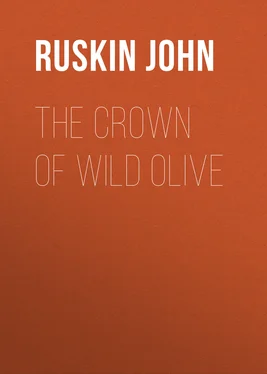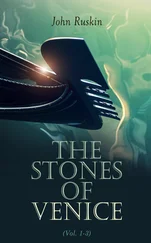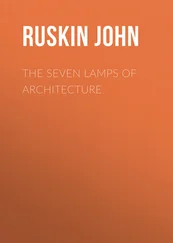"What prince's choir of music can excel
That which within this shade does dwell,
To which we nothing pay, or give,
They, like all other poets, live
Without reward, or thanks for their obliging pains!
'Tis well if they become not prey."
Yes; it Is better than well; particularly since the seed sown by the wayside has been protected by the peculiar appropriation of part of the church-rates in our country parishes. See the remonstrance from a "Country parson," in The Times of June 4th (or 5th; the letter is dated June 3rd,) 1862:—"I have heard at a vestry meeting a good deal of higgling over a few shillings' outlay in cleaning the church; but I have never heard any dissatisfaction expressed on account of that part of the rate which is invested in 50 or 100 dozens of birds' heads."
[If we could trace the innermost of all causes of modern war, I believe it would be found, not in the avarice nor ambition of nations, but in the mere idleness of the upper classes. They have nothing to do but to teach the peasantry to kill each other.]
[See the Life of Fenelon . "The labouring peasantry were at all times the objects of his tenderest care; his palace at Cambray, with all his books and writings, being consumed by fire, he bore the misfortune with unruffled calmness, and said it was better his palace should be burnt than the cottage of a poor peasant." (These thoroughly good men always go too far, and lose their power over the mass.) He died exemplifying the mean he had always observed between prodigality and avarice, leaving neither debts nor money.]
και πενιαν ἡγουμενους ειναι μη το την ουσιαν ελαττω ποιειν αλλα το τηι απληστιαν ρλειω. "And thinking (wisely) that poverty consists not in making one's possessions less, but one's avarice more."— Laws , v. 8. Read the context, and compare. "He who spends for all that is noble, and gains by nothing but what is just, will hardly be notably wealthy, or distressfully poor."— Laws , v. 42.
The fury of modern trade arises chiefly out of the possibility of making sudden fortunes by largeness of transaction, and accident of discovery or contrivance. I have no doubt that the final interest of every nation is to check the action of these commercial lotteries; and that all great accidental gains or losses should be national,—not individual. But speculation absolute, unconnected with commercial effort, is an unmitigated evil in a state, and the root of countless evils beside.
[I desire in the strongest terms to reinforce all that is contained in this paragraph.]
It is especially necessary that the reader should keep his mind fixed on the methods of consumption and destruction, as the true sources of national poverty. Men are apt to call every exchange "expenditure," but it is only consumption which is expenditure. A large number of the purchases made by the richer classes are mere forms of interchange of unused property, wholly without effect on national prosperity. It matters nothing to the state whether, if a china pipkin be rated as worth a hundred pounds, A has the pipkin and B the pounds, or A the pounds and B the pipkin. But if the pipkin is pretty, and A or B breaks it, there is national loss, not otherwise. So again, when the loss has really taken place, no shifting of the shoulders that bear it will do away with the reality of it. There is an intensely ludicrous notion in the public mind respecting the abolishment of debt by denying it. When a debt is denied, the lender loses instead of the borrower, that is all; the loss is precisely, accurately, everlastingly the same. The Americans borrow money to spend in blowing up their own houses. They deny their debt, by one-third already [1863], gold being at fifty premium; and they will probably deny it wholly. That merely means that the holders of the notes are to be the losers instead of the issuers. The quantity of loss is precisely equal, and irrevocable; it is the quantity of human industry spent in effecting the explosion, plus the quantity of goods exploded. Honour only decides who shall pay the sum lost not whether it is to be paid or not. Paid it must be, and to the uttermost farthing.
[( Past and Present. Chap. IX. of Third Section.) To think that for these twenty—now twenty-six—years, this one voice of Carlyle's has been the only faithful and useful utterance in all England, and has sounded through all these years in vain! See Fors Clavigera , Letter X.]
[We don't want to produce more fuel just now, but much less; and to use what we get for cooking and warming ourselves, instead of for running from place to place.]












